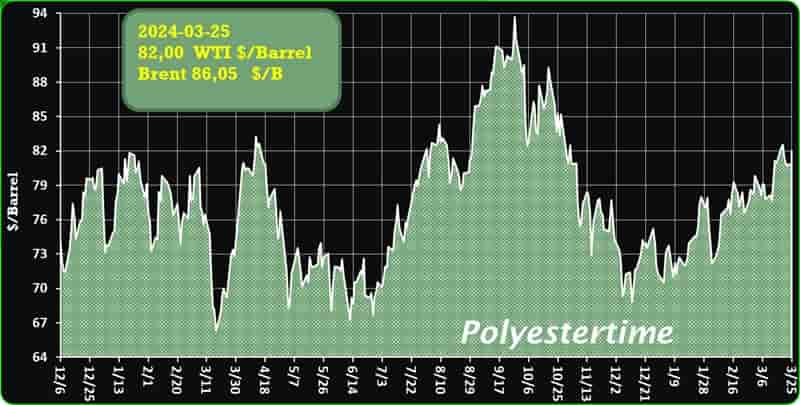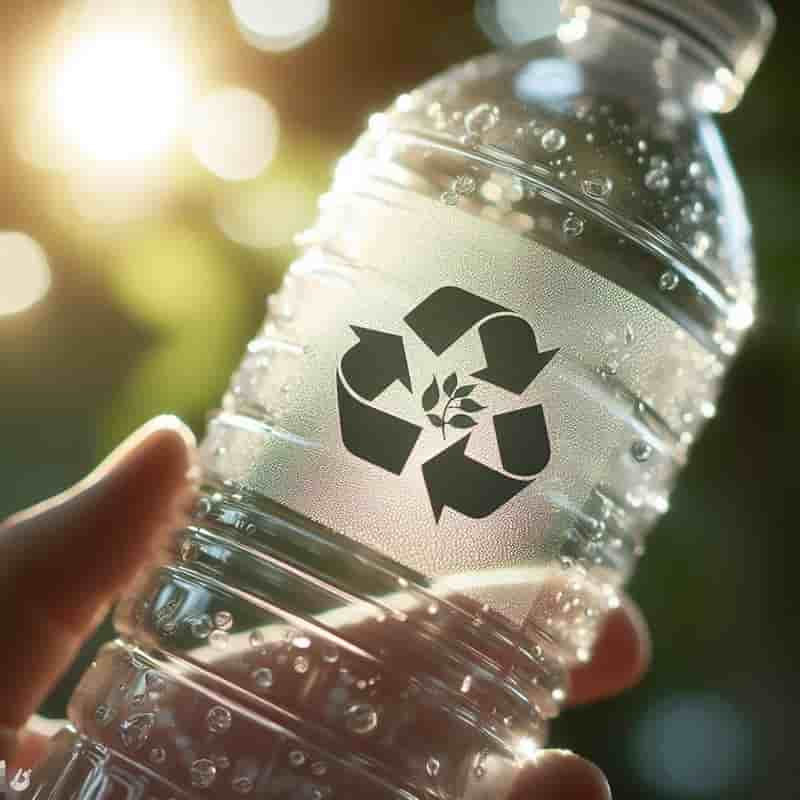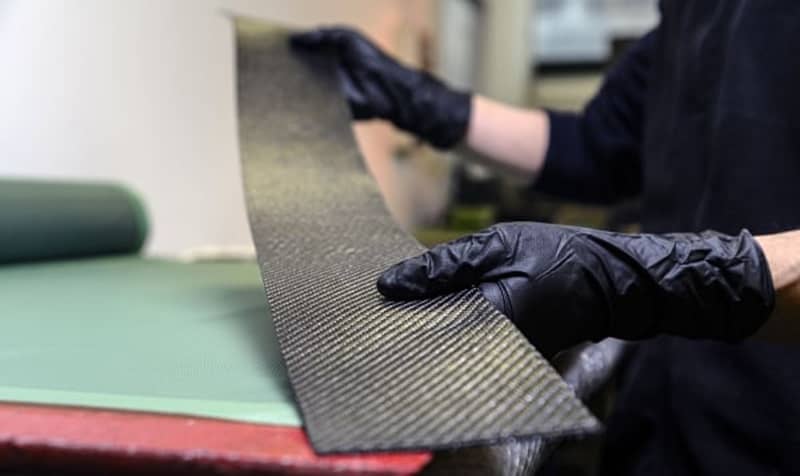Plastic Depolymerization Catalysts
Parmalat and Dentis are spearheading an innovative initiative to establish a sustainable supply chain for recycling opaque white PET, commonly found in milk bottles
The primary objective is to achieve a significant reduction of 3,000 tonnes per annum in the use of virgin plastic. In collaboration with Dentis Recycling Italy, Parmalat has introduced Italy’s inaugural white long-life (UHT) milk bottle, boasting a composition of 50% recycled PET—the first of its kind in the country. The adoption of recycled materials is forecasted to prevent the introduction of over 3,000 tonnes of virgin PET into the market, aligning with Parmalat’s commitment to sustainable practices. Plastic Depolymerization Catalysts
These groundbreaking bottles are not limited to Parmalat’s product line; they will extend to all brands within the portfolio, including Zymil, with a strategic goal to achieve 100% recyclable bottles by 2024. The success of this endeavor is attributed to a collaboration with a Piedmontese recycler and the optimization of the recycling chain to create a dedicated waste flow for opaque white bottles, ensuring the efficient recovery of recycled PET for subsequent manufacturing.
Corrado Dentis, CEO of Dentis Recycling Italy, emphasizes the industrial-scale nature of this circular economy project, foreseeing significant environmental efficiencies and contributions to Italy’s pursuit of European sustainability objectives.
Maurizio Bassani, Parmalat’s General Director, underscores the importance of collaboration across the value chain, highlighting Dentis Recycling Italy’s pivotal role in achieving sustainability goals. Plastic Depolymerization Catalysts
The initiative not only delivers tangible environmental benefits but also engages consumers through awareness initiatives, including QR codes on UHT milk bottle labels guiding proper recycling and educational programs fostering recycling awareness among new generations. Parmalat’s commitment to innovation and sustainability positions this project as a transformative force in the realm of circular economy practices, making strides towards a more environmentally conscious and responsible future.
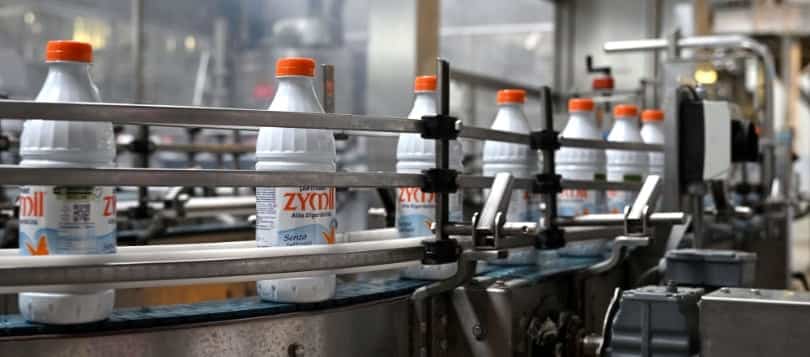
In December, the recycled plastics market witnessed diverse price movements. R-PET experienced a downward spiral by €10-20/tonne, while R-HDPE, R-LDPE, and R-HIPS prices remained mostly stable
R-PP homopolymer prices saw a slight increase, whereas R-PP copolymer prices fell by €10/tonne. The industry faced intensified competition from lower-priced virgin material and a robust supply of imported material, leading to diminished demand as converters reduced stocks for the year-end. Consequently, several recyclers shut down early for maintenance. Plastic Depolymerization Catalysts
However, the dawn of the new year brought positive developments. The prolonged slump in R-PET prices finally ended in January, with a notable increase of €20-25/tonne, driven by heightened demand as processors restocked. R-PP and R-HIPS also experienced modest price upticks. Although R-LDPE natural film, translucent film, and R-HDPE blow molding pellet prices remained stable, R-LDPE black extrusion pellets and R-HDPE black injection molding pellets prices softened slightly.
Increased volume calls from processors raised optimism for the end of the demand slump that plagued the recycling market. The European Union’s 2025 target for recycled content is expected to boost demand in the coming year, potentially reducing resistance to planned price increases. Plastic Depolymerization Catalysts
Delving into specific recycled materials, R-PET prices fell in December due to competition from falling virgin polymer costs and weak demand. However, the new year brought a positive turn, with prices rising by €15-20/tonne despite stable bottle scrap costs. R-HDPE prices remained stable in December, with a pickup in demand in January, while R-LDPE and R-PP faced challenges in stabilizing prices amid fluctuating demand and competition.
Overall, the recycling industry grappled with market dynamics in December, but the positive momentum at the beginning of the new year suggests a potential turnaround, driven by increased demand and market balance initiatives by recyclers.
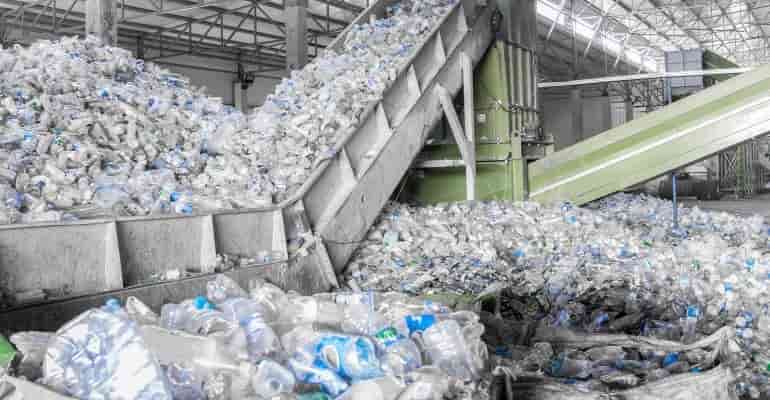
Polyethylene and Polypropylene Consumption Outpaces GDP Growth in Russia
In 2023, the consumption of fundamental polymers, including polyethylene and polypropylene, in Russia surged to 4.3 million tons, marking an impressive growth of over 10% compared to the previous year.
Looking ahead to 2028-2029, Petrov anticipates further potential growth in the consumption of basic polymers in Russia, projecting an increase of 1.6 million tons. SIBUR’s projections are grounded in various factors, with per capita polymer consumption serving as a significant metric. In Russia, this figure currently stands at 30 kg per person per year. Comparatively, the United States boasts a per capita consumption level twice as high at 62 kg, while China registers at 52 kg. Notably, Turkey, with a per capita consumption of 42 kg, serves as a benchmark for Russia and has emerged as a prominent hub for polymer processing in recent years. Plastic Depolymerization Catalysts
As the consumption of basic polymers in Russia continues to rise, domestic producers are strategically boosting domestic sales while concurrently curbing exports. This strategic shift aims to address the burgeoning domestic demand, compensating for reduced supplies from the European Union.
In a global context, Alexander Petrov underscores that polymer consumption worldwide is surpassing the growth rate of the global GDP. This observation points to the increasing significance of polymers in various industries and applications, reflecting a broader trend of polymer integration into diverse sectors of the global economy. Plastic Depolymerization Catalysts
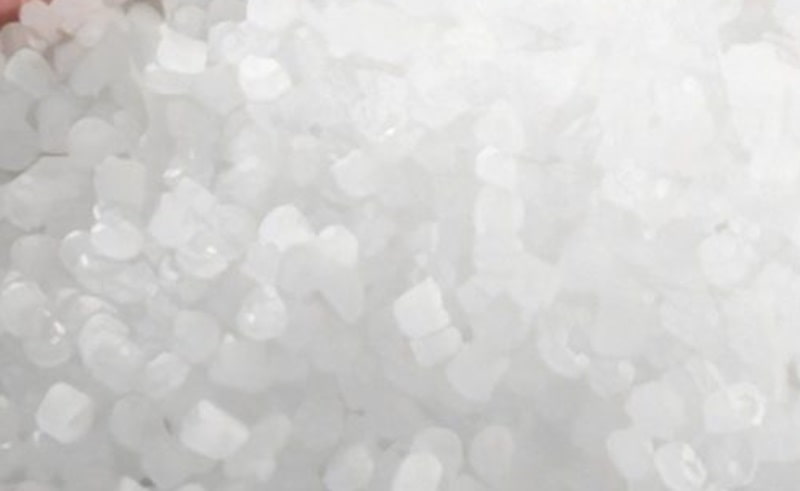
At the Marca trade fair held at BolognaFiere, Novamont showcased groundbreaking applications in packaging featuring new Mater-bi biopolymer grades
The focus was on environmentally friendly solutions for thermolaminated cellulose trays and compostable coffee capsules compatible with home composting.
For cellulose food trays, Novamont introduced Mater-bi bioplastic grades that allow the use of compostable films for thermolamination and heat sealing. These trays offer impressive features, including waterproofing without the use of PFAS, thermal resistance, gas barrier for modified atmosphere packaging, prolonged shelf-life, and easy opening. Notably, these trays are industrially and domestically compostable, and they can be recycled in the paper supply chain. Plastic Depolymerization Catalysts
Collaborating with G. Mondini, a packaging machine manufacturer, Novamont now provides tailored packaging solutions for the food industry. The collaboration extends to additional services such as product development, technical validation tests, compostability tests following the EN 13432 standard, and tools for environmental communication.
In addition to cellulose trays, Novamont presented Mater-bi grades formulated for compostable coffee capsules. These capsules, designed for injection molding, thermoforming, and cellulose pulp thermolamination with film, offer various oxygen barrier levels. Importantly, the cellulose pulp thermolaminated capsules are suitable for home composting, contributing to a more sustainable disposal option.
Novamont’s participation at Marca highlights its commitment to advancing eco-friendly packaging solutions, offering a range of benefits from improved product preservation to environmentally conscious end-of-life options. The collaboration with G. Mondini further strengthens Novamont’s ability to meet the specific needs of the food industry while promoting sustainable practices. Plastic Depolymerization Catalysts

Iveco Group is advancing its commitment to sustainable practices by partnering with BASF, the world’s leading chemical company and major automotive industry supplier, for the recycling of lithium-ion batteries in its electric vehicles
This collaboration aligns with Iveco’s circular economy strategy, which adheres to the 4R Framework – Repair, Refurbish, Repurpose, and Recycling. The aim is to prolong battery lifespan while minimizing environmental impact, ensuring compliance with the Extended Producer Responsibility policy.
BASF, having recently inaugurated Europe’s first co-located battery material production and recycling center in Schwarzheide, Germany, will oversee the entire recycling process for lithium-ion batteries used in Iveco Group’s electric vans, buses, and trucks. This comprehensive agreement covers battery collection, packaging, transport, and recycling across multiple European countries, including France, Germany, and the UK.
Following collection, BASF will mechanically process the batteries into black mass, extracting critical raw materials like nickel, cobalt, and lithium for use in manufacturing new batteries. By establishing a complete battery recycling value chain in Europe, BASF aims to supply recycled metals with a low carbon footprint to the battery industry, supporting a circular economy.
Angela Qu, Chief Supply Chain Officer at Iveco Group, emphasized the importance of life cycle thinking and sustainability in the partnership, stating that BASF’s battery collection network and recycling capabilities align with Iveco’s goal to achieve net-zero carbon emissions by 2040. Plastic Depolymerization Catalysts
Dr. Daniel Schönfelder, President of BASF’s Catalysts division, highlighted the significance of this partnership, marking the company’s entrance into battery recycling for commercial vehicles. He expressed the intent to strengthen the European collection network and contribute to the circular economy-focused policy requirements outlined in the EU Battery Regulation. The collaboration with Iveco Group stands as a pivotal step for BASF’s battery recycling business, advancing its presence in the evolving commercial vehicle market.
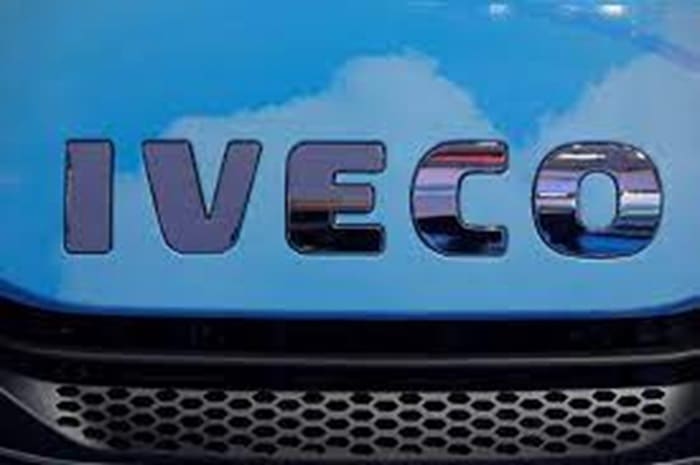
Direct Conversion of Waste PET to Regenerated Plastics Using Flame Retardants as Depolymerization Catalysts
Polyethylene terephthalate (PET) has been extensively used in the packaging industry, particularly for the production of plastic bottles. PET wastes can be converted into monomeric and oligomeric substances through depolymerization and purification processes.
Currently, the chemical recycling of waste plastics is one of the most viable environmental strategies, and the direct repolymerization of depolymerized chemicals without any purification is gaining significant attention because of its simple and cost-effective recycling characteristics. Plastic Depolymerization Catalysts
In this study, expandable graphite (EPG) and zeolites were used as glycolysis catalysts for PET depolymerization, and then the reaction product was directly used to polymerize polyurethane foams (PUFs).
Both EPG and the zeolites could depolymerize PET, achieving PET conversion as high as 90% with bis(2-hydroxyethyl terephthalate) yields of > 50%. PUFs were also effectively produced from both depolymerized batches, and all PUF samples had a limiting oxygen index of > 31%, indicating high flame retardancy.
Thus, EPG and zeolites can play dual roles as glycolysis catalysts and flame retardants. Additionally, this study proposes an efficient PET recycling route. Plastic Depolymerization Catalysts
More…
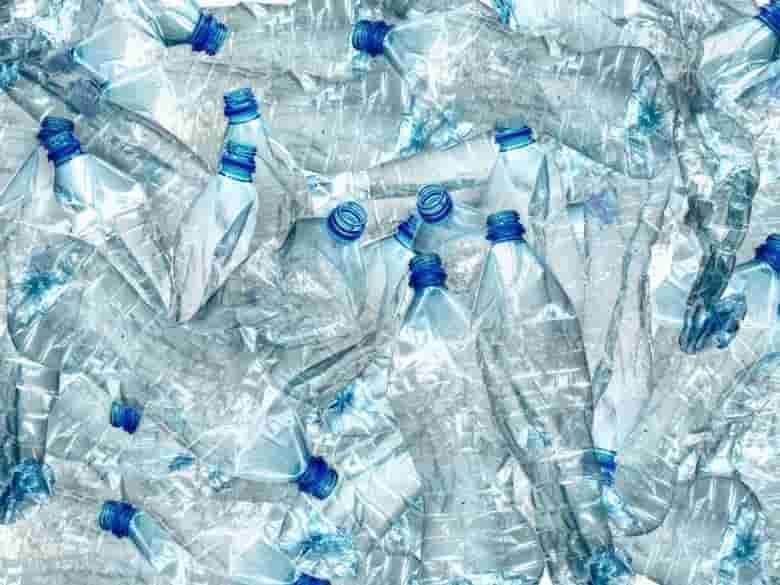
Umincorp, a leading player in sustainable plastic recycling in the Netherlands, recently faced a significant setback as the company declared bankruptcy
This comes as a blow to the country’s efforts towards establishing a circular economy, where recycled plastic is utilized to manufacture new plastic. Operating in major cities like Amsterdam, Rotterdam, The Hague, and Utrecht, Umincorp specialized in extracting plastic from household waste and transforming it into small granules, serving as raw materials for plastic production.
Despite achieving operational success in 2023 and opening a state-of-the-art factory in Rotterdam capable of processing challenging-to-recycle plastics, Umincorp struggled financially. The company’s downfall was primarily attributed to the plummeting market prices of plastic globally, particularly those derived from cheap oil in China and the US. The competitive disadvantage against fossil plastics made it financially unsustainable for recycling companies like Umincorp. Plastic Depolymerization Catalysts
General Manager Arjen Wittekoek pointed out additional challenges, such as inadequate rates paid by producers and major brands to the Packaging Waste Fund. He argued that a minimum of 20 cents per kilo should be added to ensure a viable business model. Unfortunately, the current rate stands at approximately 1.20 euros, pushing many recycling companies to reduce their capacity.
Umincorp’s bankruptcy reflects broader industry challenges, with many recycling companies operating in the red. The Waste Management Association anticipates a potential wave of bankruptcies if market conditions do not improve. Additionally, stringent EU regulations classify recycled plastic as waste, restricting its use in food packaging. Umincorp’s advanced factory for the food industry in Rotterdam had to be shut down due to these regulations, although it currently remains under a deferment of payment and is open for potential acquisition by a buyer. The situation underscores the urgent need for systemic changes and increased support to sustain the viability of plastic recycling in the Netherlands. Plastic Depolymerization Catalysts

Plastic film – Chemical Recycling Europe, Zero Waste Europe disagree over pyrolysis 26-01-2024
Plastic Depolymerization Catalysts
